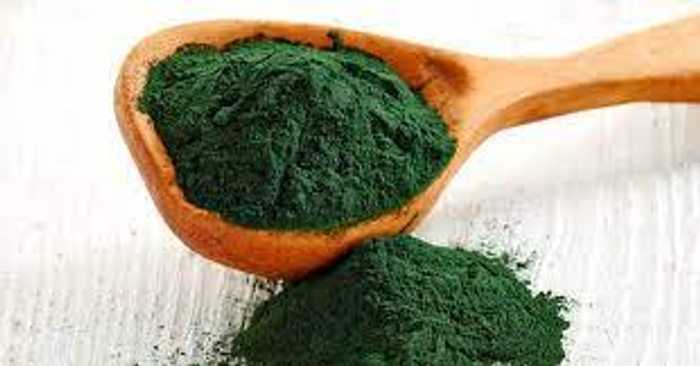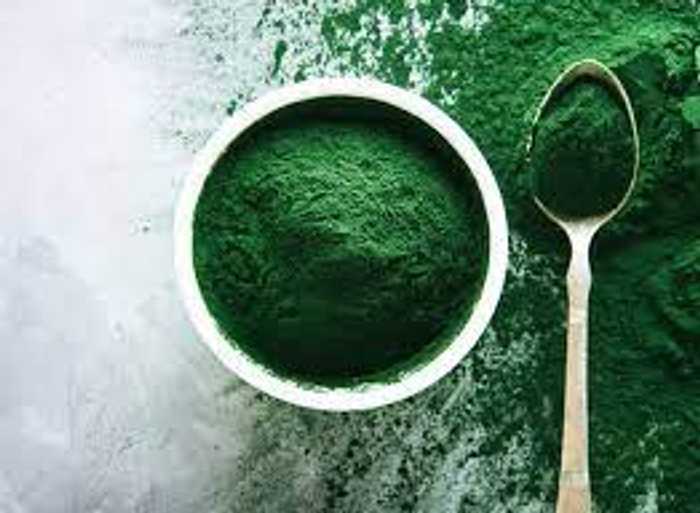Published 20:28 IST, May 28th 2024
Spirulina, a blue-green algae thriving in fresh and saltwater is a dietary supplement with a rich history and impressive health benefits worth taking a look at.
Advertisement
Known for its high protein, vitamin, and mineral content, spirulina has been praised for bolstering the immune system, enhancing muscle strength, and supporting heart health. Here, we explore what spirulina is, its nutritional profile, and its health benefits.
What is Spirulina?
Spirulina is a type of cyanobacteria found in warm, alkaline waters. This nutrient-dense algae has re-emerged as a popular supplement due to its environmental sustainability and versatility in forms, including powder, tablets, and capsules.
Advertisement
Nutritional profile of spirulina
According to the US Food and Drug Administration, one tablespoon (7 grams) of dried spirulina powder contains 4.02 grams of protein, 0.54 grams of fat, 1.67 grams of carbohydrates and 0.2 grams of fibre. What but, are spirulina's health benefits?
Nutrient-dense superfood
Spirulina is composed of about 60-70% protein by weight and includes all essential amino acids. It is also a rich source of vitamins A, B1, B2, B3, B6, B9, C, D, and E. Essential minerals such as iron, magnesium, calcium, potassium, and zinc further support various bodily functions, making spirulina a comprehensive nutritional supplement.
Advertisement
Antioxidant and anti-inflammatory properties
The high concentration of antioxidants in spirulina, particularly phycocyanin, helps combat oxidative stress and inflammation. Antioxidants neutralize free radicals, which can reduce the risk of chronic diseases like cancer and heart disease.

Advertisement
Immune system support
Spirulina can enhance immune function by increasing the production of antibodies, cytokines, and infection-fighting cells. This boost in immune response can improve resistance to infections, making spirulina particularly beneficial during flu season.

Advertisement
Improves muscle strength and endurance
With its high protein content and antioxidant properties, spirulina aids in muscle repair and growth. Athletes and those engaged in regular physical activity may find improved endurance, reduced muscle fatigue, and quicker recovery times when incorporating spirulina into their diets.
Promotes heart health
Spirulina may help lower cholesterol levels and blood pressure, reducing the risk of cardiovascular diseases. Studies have shown that it can decrease LDL (bad cholesterol) and triglycerides while increasing HDL (good cholesterol), contributing to overall heart health.
Advertisement
In conclusion, spirulina is a powerhouse of nutrition and health benefits, making it a valuable addition to any diet. Its ability to support the immune system, enhance muscle strength, and promote heart health underscores its reputation as a superfood.
20:28 IST, May 28th 2024